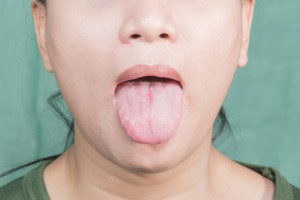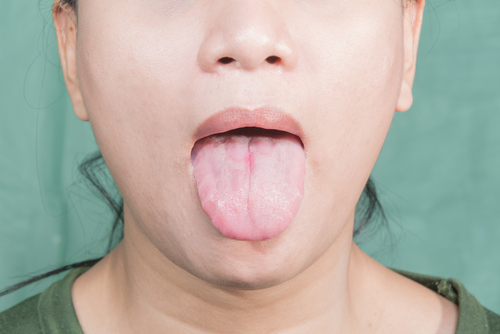 A certain type of bacteria in the mouth could be associated with the aggravation of inflammatory bowel disease, a study published in the Oral Diseases journal suggests.
A certain type of bacteria in the mouth could be associated with the aggravation of inflammatory bowel disease, a study published in the Oral Diseases journal suggests.
Acknowledging that streptococcus mutans can aggravate colitis, an inflammation of the colon, in mice, a team of researchers from the Osaka University wanted to evaluate the virulence of colitis using type strains as well as blood isolates of several oral streptococcal species.
Streptococcus mutans is a bacteria that inhabits the human oral cavity and produces plaque and acids, breaking down tooth enamel and causing dental caries.
Researchers investigated the susceptibility of blood isolates of several oral streptococci to phagocytosis, as well as adhesion to and invasion of hepatic cells and interferon-γ secretion. They used a mouse model of dextran sodium sulphate-induced colitis, in order to evaluate bacterial aggravation of colitis. In addition, team administrated interferon-γ antibody to mice with prominent aggravation of colitis.
Results showed that streptococcus sanguinis ATCC 10556 was a possible virulent strain among type strains of several oral streptococci, and that analysis of blood isolates of S. sanguinis TW289 revealed a potential virulent strain. Furthermore, intravenous administration of ATCC 10556 and TW289 caused prominent aggravation of dextran sodium sulphate-induced colitis, and histopathological examinations showed that interferon-γ secretion due to infection of hepatic cells caused colitis aggravation.
These findings suggest that some virulent oral streptococcal strains are associated with the aggravation of colitis induced by enhanced secretion of interferon-γ when they invade the bloodstream.
This study comes to add evidence the link between oral infections and IBD. In 2012, the same group of researchers investigated the effect of various streptococcus mutans strains on dextran sodium sulfate-induced mouse colitis, finding that the administration of TW295, the specific strain of s. mutans, caused aggravation of colitis, whereas the standard strain, MT8148, did not.
In addition, they noted the presence of TW295 in hepatocytes in liver, as well as increased expression of interferon-γ in liver, indicating that the liver is a target organ for the specific strain of S. mutans-mediated aggravation of colitis.
Their conclusion was the same as the recent study’s: infection with highly-virulent specific types of s. mutans might be a potential risk factor in the aggravation of ulcerative colitis.
On the other hand, IBD has been proven to cause extra-intestinal complications, including involvement of the oral cavity. In a study published in the Journal of the American Dental Associations, a group of researchers described four patients who had persistent gingival lesions manifesting as pustular ulcerations, erythema, swelling and cobblestoning.
Another study, published in the U.S. National Library of Medicine, also analyzes oral manifestations of inflammatory bowel disease, concluding that the clinical course of oral lesions is parallel to the activity of IBD and, therefore, oral manifestations are a good cutaneous marker of IBD.

